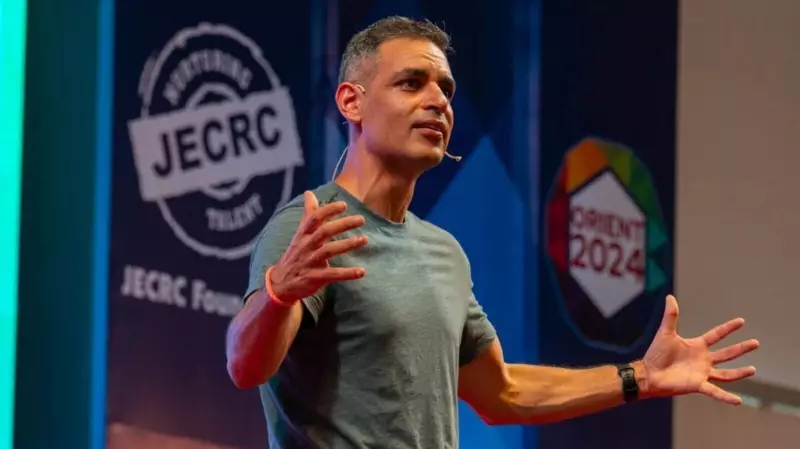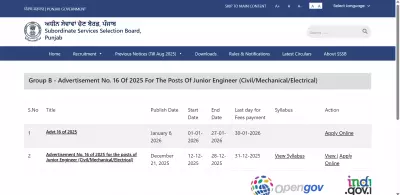
You prepared extensively, answered every question perfectly, and felt the interview couldn't have gone better. Yet, the rejection email still arrived. If this scenario sounds familiar, you're not alone, and entrepreneur Ankur Warikoo has identified exactly what might be going wrong.
The Missing Piece in Perfect Interviews
In a recent social media post that's been widely shared among Indian professionals, Warikoo highlighted a critical aspect of the hiring process that most job seekers completely miss. It's not about your qualifications, experience, or even how well you answer technical questions.
The Real Reason Behind Unexpected Rejections
According to Warikoo, when you perform exceptionally well in an interview but still get rejected, the reason often lies in comparative candidate assessment. Companies don't just evaluate you against the job description; they compare you against other candidates who might bring something extra to the table.
What Sets Successful Candidates Apart
Warikoo emphasizes that the selected candidate typically demonstrates one or more of these qualities:
- Better cultural alignment with the organization
- Proven track record in similar challenges
- Unique perspectives or specialized skills
- Stronger team fit with existing members
- Immediate availability or faster onboarding potential
Practical Advice for Job Seekers
Rather than getting discouraged by rejections after good interviews, Warikoo suggests focusing on what you can control:
- Research the company culture beyond the website and annual reports
- Understand the team dynamics and how you might complement existing strengths
- Identify your unique value proposition beyond the job requirements
- Build genuine connections within the industry
- View each interview as practice for the right opportunity
The Bigger Picture in Career Growth
Warikoo's insights remind job seekers that interview performance is just one part of the equation. The hiring decision often considers factors beyond your control, and a rejection doesn't necessarily reflect your capabilities or potential.
This perspective is particularly valuable in the competitive Indian job market, where candidates often internalize rejection as personal failure. Understanding the broader context of hiring decisions can help maintain confidence and persistence in the job search journey.





